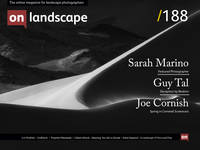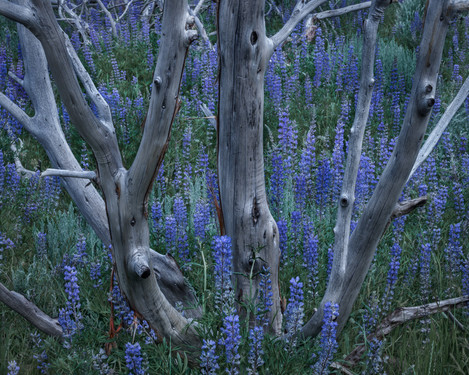Objectivity, Reality, Truth and Art
All arts have their limits, and I admit that the limits of photography are rather narrow, but in good hands it can be made to lie like a Trojan. However much truth may be desirable in the abstract, to the artist there is no merit in a process that cannot be made to say the thing that is not.~Henry Peach Robinson
We’re all familiar with photographs showcasing magnificent natural-looking scenery, majestic and timeless and free from human incursions. Most of us also know that many such photographs depict places that are often crowded, managed as tourist attractions, where a wild-looking view may only exist in one direction while a raucous crowd may be just outside the frame.
Photographers working in such places, wishing for their images to convey impressions such as wildness, remoteness, or peaceful contemplation, often compose their photographs deliberately to exclude people, roads, and structures that might betray the true nature of the place and the true experience of being in it. Such photographs—even if presented as “unmanipulated,” or as, “straight out of the camera”—may cause viewers to accept as true an impression that is patently false. The Merriam-Webster dictionary uses the phrase, “causing someone to accept as true or valid what is false or invalid,” as a definition for the word, “deception.”
Does it matter that a photograph is not “manipulated,” if the viewer is? In art, the answer is easy: manipulating the impression of the viewer is the very goal of art (at least of most art). But what of the vocal mob who decry manipulation of photographs with such terms as unrealistic, unethical, or immoral, but who have no qualms about deceiving their viewers, so long as some idea of purity of process is held sacrosanct? How is that ethical?



